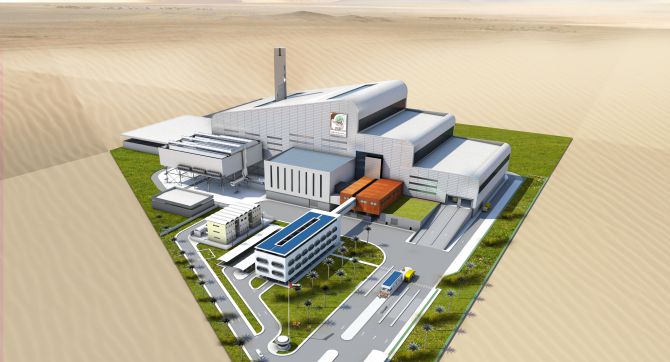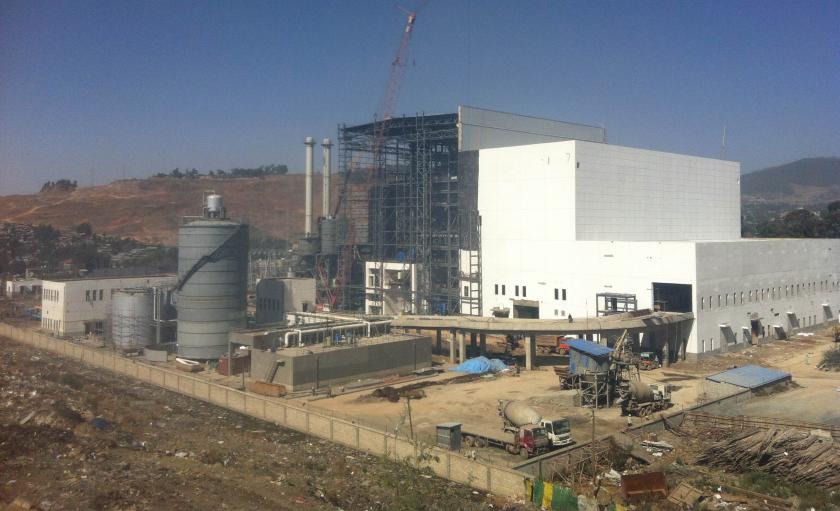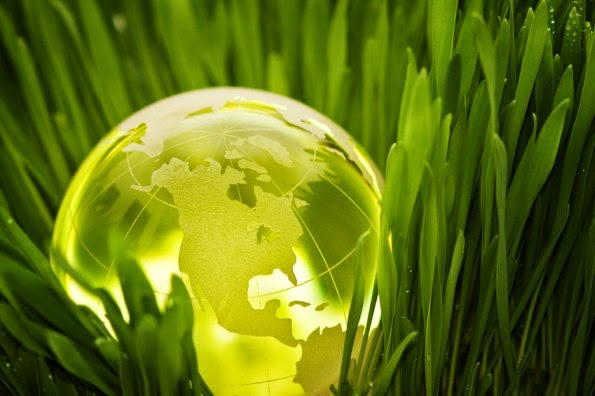
Plants all over the developed world take advantage of this salvageable energy to subsidize their operations. One UK-based treatment plant, for example, gets 50 percent of its power using poop.

At a power plant in Linköping, Sweden, a municipal government company is burning rubbish to turn waste into energy. This is one of Sweden’s 34 plants that uses rubbish instead of coal or gas for heat and electricity.

The plant, which was expected to begin operation in January, will incinerate 1,400 tons of waste every day.

When up up and running it is expected to treat up to 2 million tons of solid waste every year. This is almost 60% of Dubai’s annual garbage production.

Construction of what would be first ever waste-to-energy plant in Africa is nearing completion. The plant, which is due to begin operating in January, will incinerate 1,400 tons of waste every day.

This waste-to-resource project not only produces a less smoky and long-burning fire, but could also help improve health and sanitation outcomes.

A study shows bacteria in low-temperature environments could reduce carbon footprint

Albania has inaugurated its first waste-to-energy plant. The plant will be able to generate 2.85 MW of electricity per hour.

One idea is that a sewage treatment plant could use the energy created by the waste it processes to process more waste; in other words, a closed-loop operation with zero net energy and zero residuals.

The plant in UK will recycle more than 100,000 tonnes of organic waste every year to generate enough renewable energy to power 10,000 homes across the region.

The Netherlands will spend 150 million Euros on a program for farmers to turn cow poop into biogas using anaerobic digesters.

The first batch of low-carbon jet fuel derived from waste industrial gases from steel mills has been produced for use by UK long-haul carrier Virgin Atlantic, with flight trials scheduled to start in 2017.

Since 2011 the two companies have been committed to producing the world’s first jet fuel derived from waste industrial gases from steel mills via a fermentation process.

Sweden is on its way to being zero waste - and it transforms much of its trash into sustainable energy.

Clean Energy Technologies announced today an innovative waste-to-energy system set for completion in Tennessee later this year that will provide renewable electricity to a municipal waste water treatment plant.